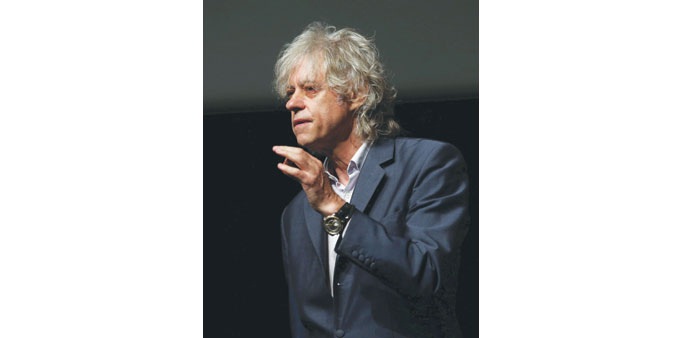Melbourne
The 20th International Aids Conference concluded in Australia yesterday with a warning that laws worldwide are undermining efforts to curb the disease.
“A wave of discriminatory laws and policies are setting us back towards exclusion: limiting rights, reducing health care access and aiding and abetting the virus,” said Chris Beyrer, president-elect of the International Aids Society (IAS).
He cited the case of a nurse in Uganda who was jailed under laws that criminalise HIV transmission and the denial of basic HIV services to intravenous drug uses across Eastern Europe and Central Asia.
“When the Putin administration annexed the Crimean Peninsula, they announced on the first day the end of Crimea’s methadone programme,” he said.
“We should all be deeply concerned about the anti-gay laws and policies being enacted in Russia, India, Nigeria, Uganda, and now being actively debated in many more countries.” Stigma and discrimination also continue to “hinder the implementation of science on the ground” in countries facing HIV/Aids epidemics, said South African Human Sciences Research Council CEO Olive Shisana.
“In recent years much has been made of the punitive anti-homosexuality laws that exist in some 35 African countries and the more recent severe amendments made to them in a number of countries such as Uganda and Nigeria,” she said.
“The past three decades of HIV/Aids have taught us that the disease doesn’t discriminate but that people and governments do.”
Renewed engagement with decision makers in Africa over human rights will be “unavoidable” if the world wants to build on the progress it has made over the past 15 years, Shisana added.
The IAS earlier yesterday dismissed claims from Moscow that the conference had excluded regional representatives from some discussions.
Vadim Pokrovsky, head of the Russian Federal Aids Centre, declined an invitation to take part as a panelist in a session on HIV/Aids in Eastern Europe and Central Asia, Beyrer said.
“Ten days before he let us know that he will not be attending,” Beyrer told reporters. Pokrovsky did not provide a reason, he said.
The IAS said seven experts from, or working in, the region had taken part in the panel discussions.
The no-fly zone in Ukraine left two panelists from the country unable to take part in the session on Eastern Europe and Central Asia.
Less than half of the 28mn people who are eligible for antiretroviral treatment are receiving it, delegates heard at the conference, which brought together 13,600 scientists, policymakers and people living with HIV/Aids.
UN data shows that 35mn people are living with HIV, the vast majority in sub-Saharan Africa. HIV infections are on the rise in countries like Russia and Ukraine, especially among intravenous drug users, sex workers and prisoners.
The South African city of Durban is to host Aids 2016, 16 years after the conference was last held there. The city, described by organisers as “ground zero for women and HIV,” is the capital of KwaZulu-Natal province, where HIV prevalence is 16%, the highest in the world.

